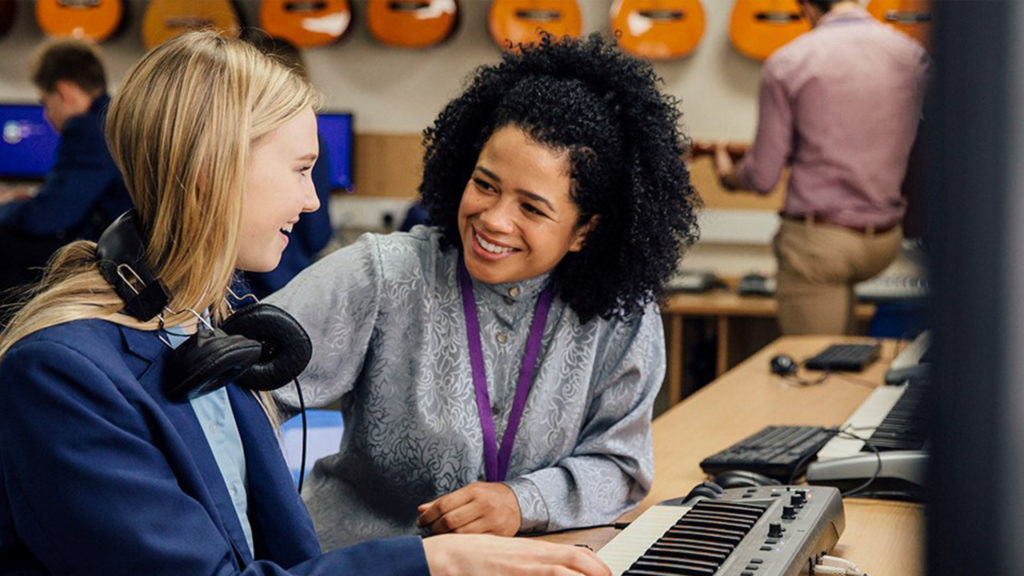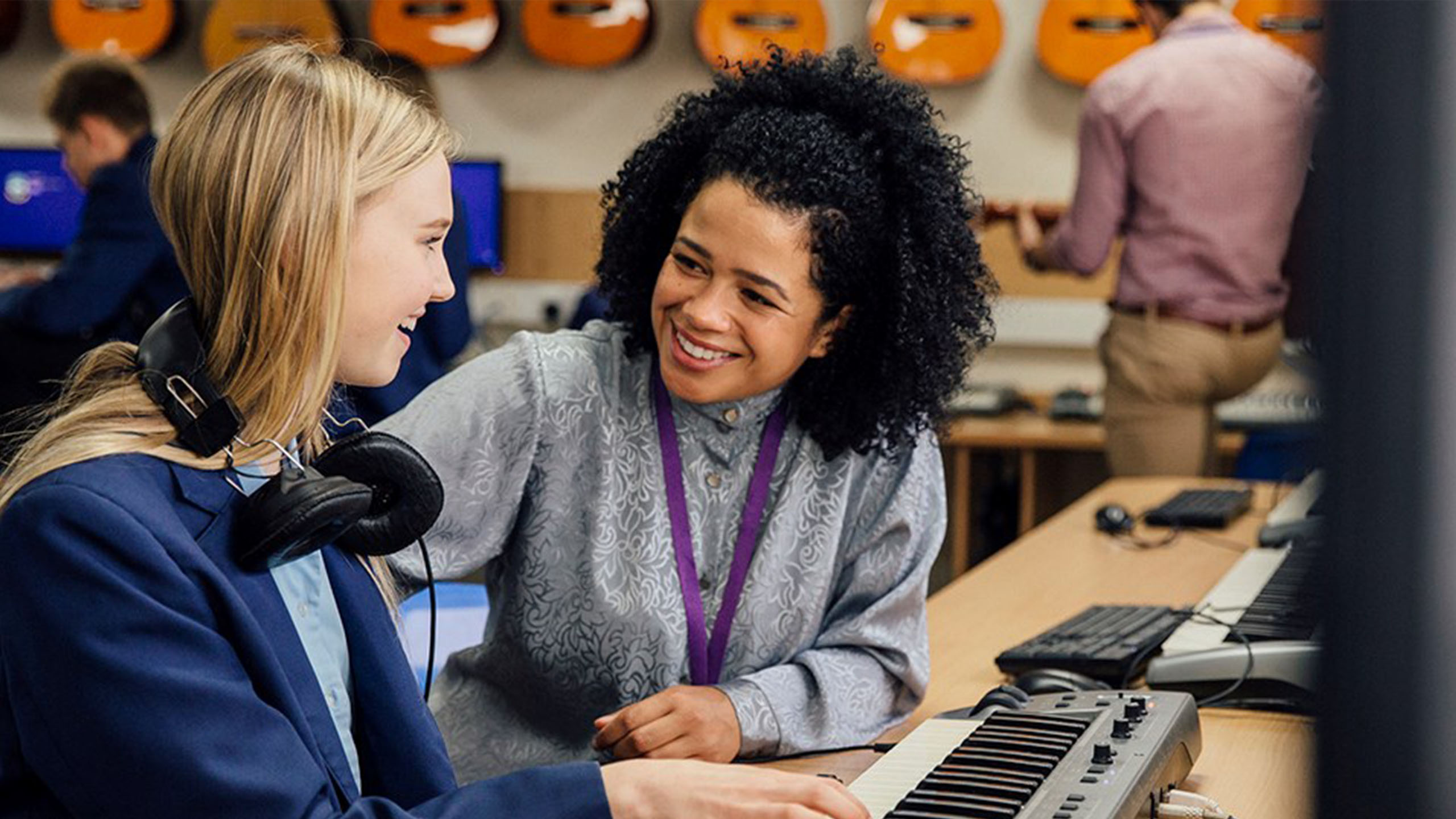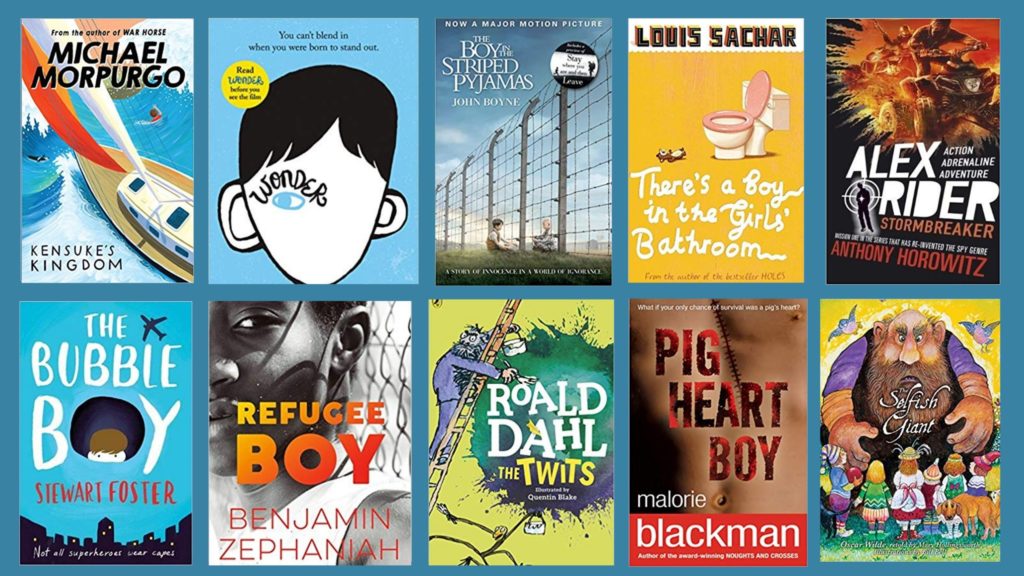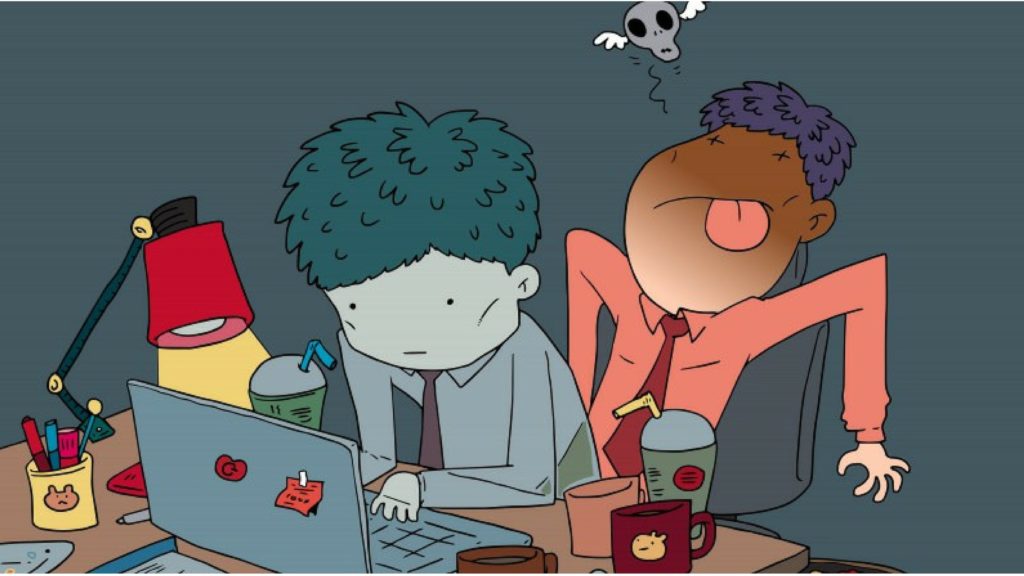Tips to help students learn in the classroom

Mentors! Not only are we middleman between teachers and students who are facing multiple barriers to learning, but also the knowledge holders, unafraid to explore the complex terrain called the mind of a young person.
In this blog, we asked two students, “What things do teachers do in the classroom that help you to learn?”
Oftentimes the role of a mentor is to assist students in understanding the mindset of a teacher, teaching pedagogy and the challenges teachers face in the classroom (and their profession as a whole). As a result, we enable students to become aware of their own role and responsibilities in the classroom and how they can better access learning; regardless of the teacher’s background, stage in teaching or their teaching style.
With similar intent for teachers, below you will find the classroom observances (and pet peeves) that two London based secondary school students in year 7 and 9, had regarding the talent pool of teachers that serve them.

If you are new to teaching, returnee teacher or cover staff, the below comments may be of some interest to you.
Typically, the two students first discussed what they observed and ‘did not like’ about some of their teachers’ behaviours and or actions within the classroom. They then shared what they see as good practice and ended by providing some additional tips to help teachers build better relationships with students in the classroom…Enjoy!
Observations and pet peeves regarding teachers who:
- Do not allow students to have their say (in a range of situation). Only allowing themselves (the teacher) to have freedom of speech.
- Take on the words of students who have not proven themselves to tell the truth or have integrity.
- Blame a student/student for disturbing behaviour when it was evidently someone else or another group of students.
- Speak in one tone of voice for the entire lesson.
- Focus on the one error or disturbance made by a normally well behaved and focused student.
- Do not respond to parents’ emails or calls.
- Create their own rules and policies (that are different to the school rules and policy) without explanation.
- Bully students without regard to the school anti-bullying policy.
- Do not follow through on an action they said they would do, then being prideful, not apologise for forgetting.
- Complain about a student to another teacher; who consequentially, then acts differently to that student. It’s like teachers can be gangs as well.
- Express their racism, sexism, ageism or any other -ism to or in front of students.
- Are new to teaching and try too hard to be a perfect teacher or come across as unconfident or not ‘themselves’.
- Speak too fast, without pausing to see if the class are following or understand what is being said.
- Do not get feedback from students to find out what they think about their teaching.
- Stay at the front of the class and do not pass their desk.

Best Practice. Below are actions or behaviours of their favourite teachers who:
- Make subjects fun (especially in maths, English and science).
- Do activities outside in the playground or arrange school trips.
- Give eye contact, even to students you don’t really like or annoy them.
- Relate topics to real-life situations and current news on TV.
- Allow the class to reason and debate, instead of always writing about topics.
- Use smart tactics to keep students focused and help them to renew their attention span.
- Walk around the class whilst talking, going to the middle and back of the classroom.
- Use a wide range of classroom resources to teach.
“As a mentor, it is our role and responsibility to support learning by sharing our knowledge and understanding of the student mindset, how they learn and the challenges they face in the classroom.”
- Keep the classroom tidy. If you want students to be organised, you should be organised. It also shows you care about what you do.
- Add annotations (notes, diagrams and real-life explanations) to what’s being taught.
- Use different tones of voice, like a professional or well-trained teacher.
- Take the class on a journey with the topic, like a film that has twists and turns. Creating different emotional responses to keep students engaged and focused.
- Teach in an encouraging way that helps students to focus and feel good about learning.
- Have classroom policies that encourage students to always present their work to a high quality. And stick to this policy.
- Do not leave the school or take prolonged time off work during the school year.

Additional actions or behaviours the two students like to see in teachers;
- Teachers who are ‘a man or woman’ of their word.
- Teachers who can forgive students and do not hold grudges.
- Teachers who understand students.
- Teachers who do not shout when telling students off. They might raise their voice, but they do not shout.
- Teachers who move students to another seat instead of sending them out of the classroom, if they have done something wrong. Teachers who take time to find out what actually happened, and why the student misbehaved.
- Teachers who are strict and have boundaries. If they are a nice person, this works well. However, if they are not a nice person, their strictness does not work. Students will not value their teaching or respect them.
- Teachers who make class rules but does not make them harsh.
- Teachers who have a sense of humour and are funny (but do not take things too far. Not all teachers’ jokes are respectful).
- Teachers who do not embarrass students by picking on those who could have done better.
- Teachers who listen to what students have to say because they know they might learn something.
You may have come across the above recommendations via your teacher training, alternative sources or directly from the horse’s mouth…your students. Hopefully, the above has served as a reminder to the importance of reflection and feedback directly from those we as educators, serve.
During a 15 minute or 30-minute informal conversation, you can also create a safe space, with your students, to learn more about ‘your role’, student expectations and how they can better access learning; regardless of their background or learning style.
Out of the mouths of babes and sucklings, improvements can be made, if we listen and dare to act on their recommendations.








Responses